
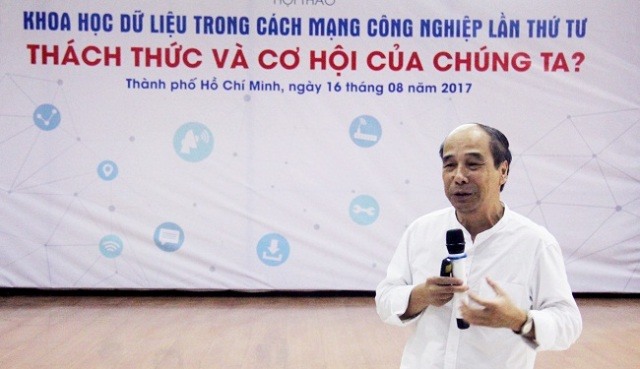 |
| Hồ Tú Bảo, a professor at the John von Neumann Institute under Việt Nam National University-HCM City, speaks at a workshop on the challenges and opportunities of the fourth industrial revolution, held on Wednesday at Việt Nam National University-HCM (VNU-HCM). Photo courtesy of VNU-HCM |
HCM CITY — Vietnamese universities should offer majors in data science to meet the demands of the fourth industrial revolution, Hồ Tú Bảo, a professor at the John von Neumann Institute under Việt Nam National University-HCM City, has said.
Students at IT universities now study statistics, data mining and machine learning, but this is insufficient for professional growth in the field, he said.
Bảo spoke at a workshop about data science studies held on Wednesday on the university’s campus.
The curriculum for data science must be updated, he said, adding that a pilot programme should be created to allow students in any field to apply for a master’s degree in data science.
Nguyễn Đức Nghĩa, deputy director of Việt Nam National University-HCM, told Việt Nam News that lecturers at universities in the country should use advanced technologies and software as part of their teaching methodologies.
Nghĩa said that business production as well as education would be affected by the fourth industrial revolution, which will include more automation and data exchange in manufacturing technologies.
Policies at the national level must be adapted to address these changes, he said, adding that data in the country is now digitised, but the use of such data is still limited.
“Data can help us analyse and develop appropriate social, educational and economic policies that will be the most effective during the fourth industrial revolution,” Nghĩa said.
Bảo said that challenges as well as opportunities would result from digital transition.
For instance, South Korea set up a Big Data Institute under Seoul National University in 2014 which connects 220 professors who are leading national reform in education and research on data science.
The Seoul government in April invested US$9 million in the institute for a three-year period.
Similarly, Singapore has set up a data science consortium, including the National University of Singapore and Agency for Science, Technology and Research, to strengthen coordination between industry and educational institutes.
Bảo said that Việt Nam has a large pool of qualified IT staff who have good math and computer skills.
The staff also are adept at reacting to change, and are able to grasp opportunities brought by the fourth industrial revolution, Bảo said. However, many of them lack English-language skills.
“We also lack sufficient data in many fields,” Bảo added. —VNS
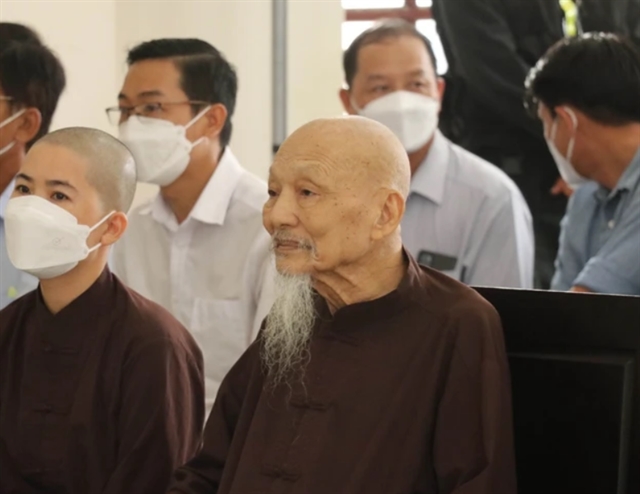
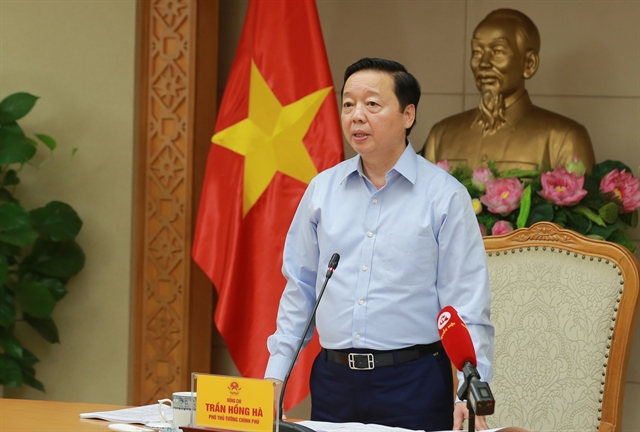
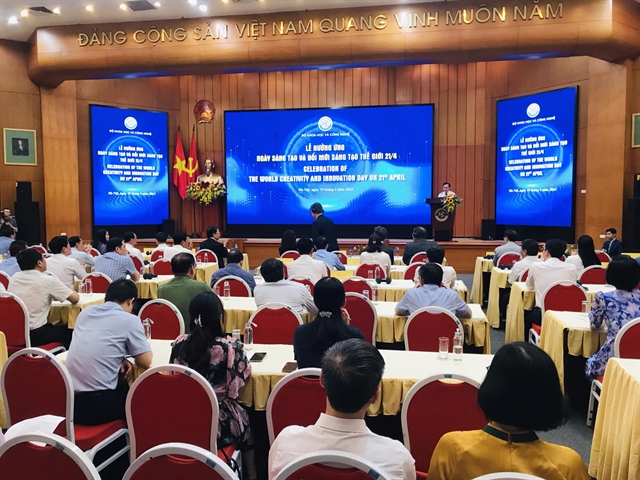






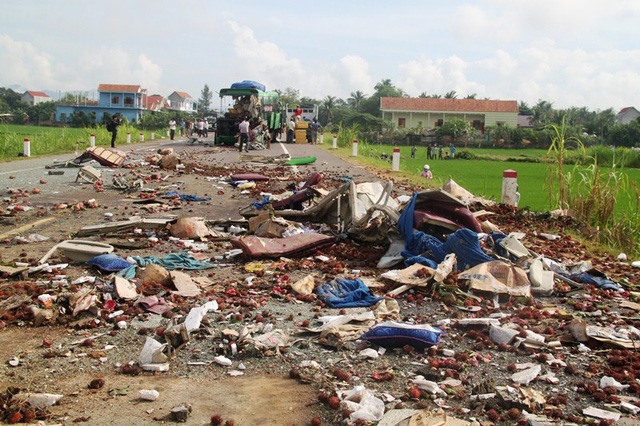

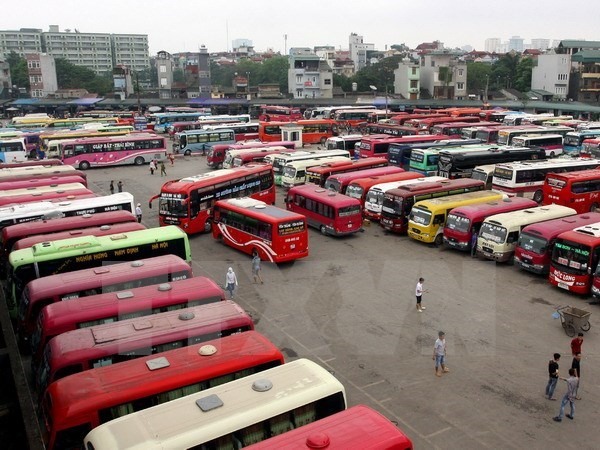


.jpg)











